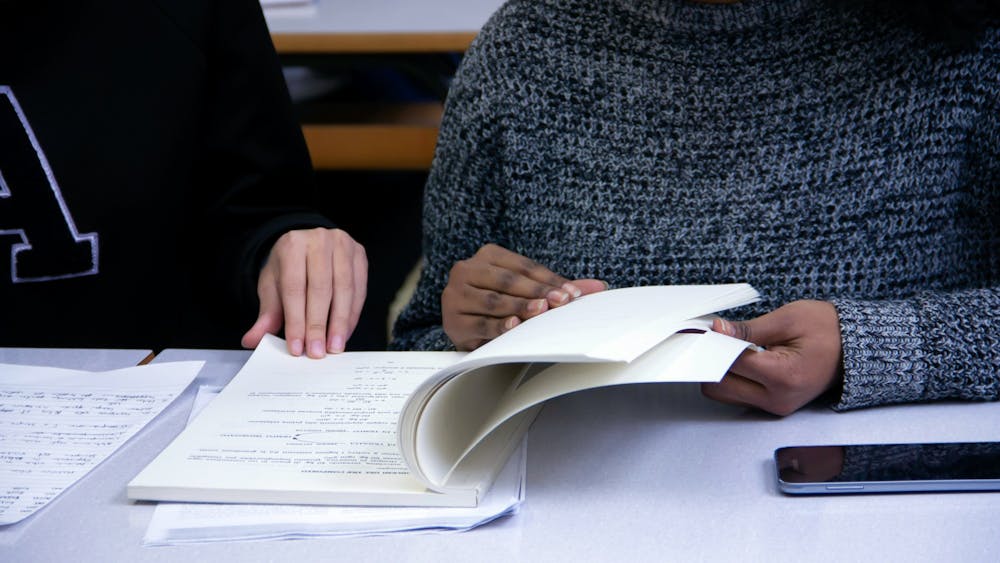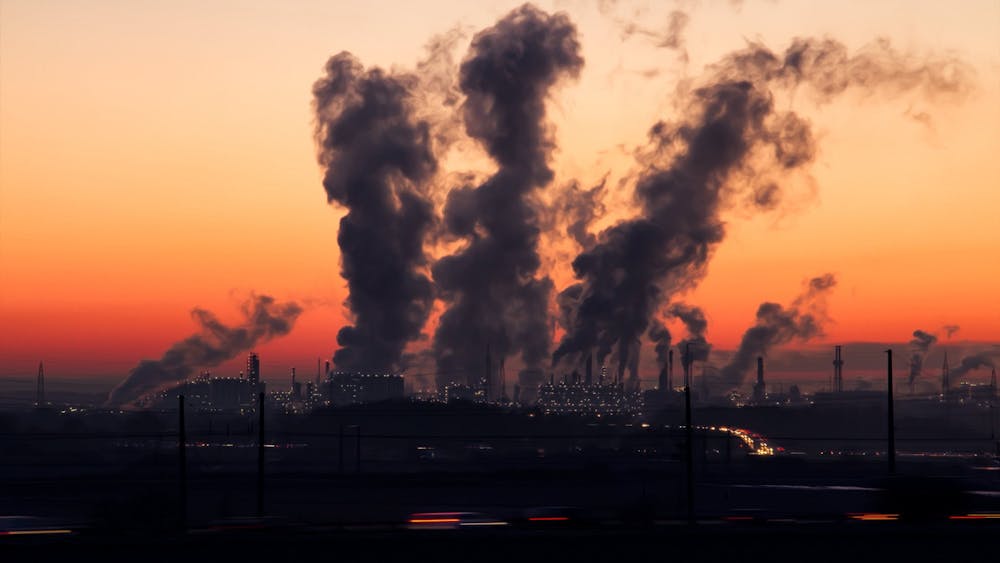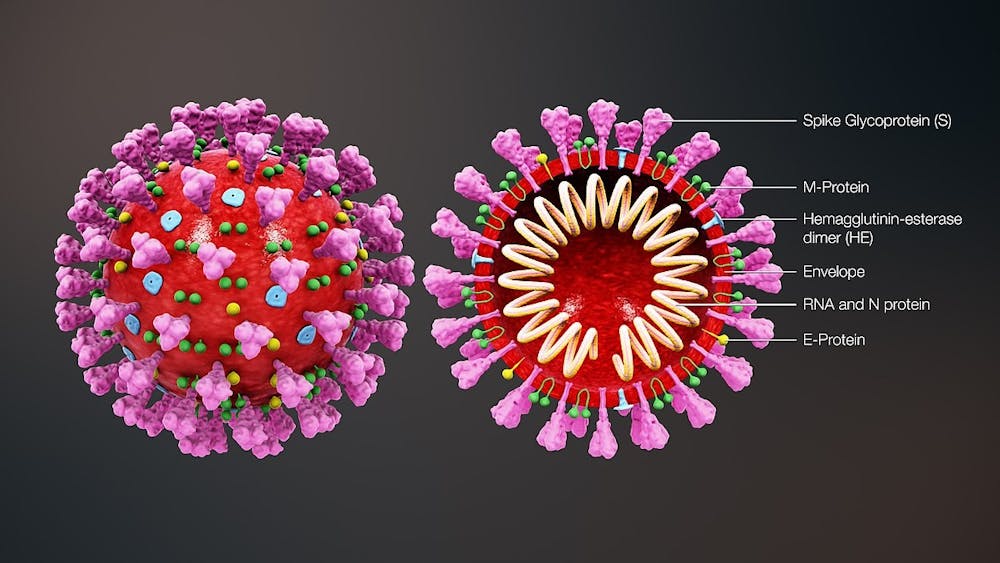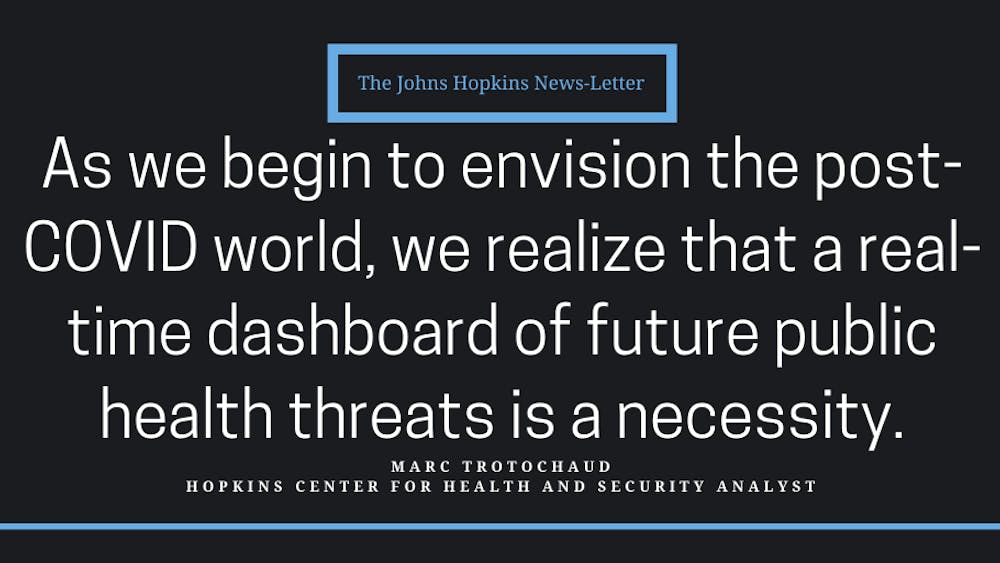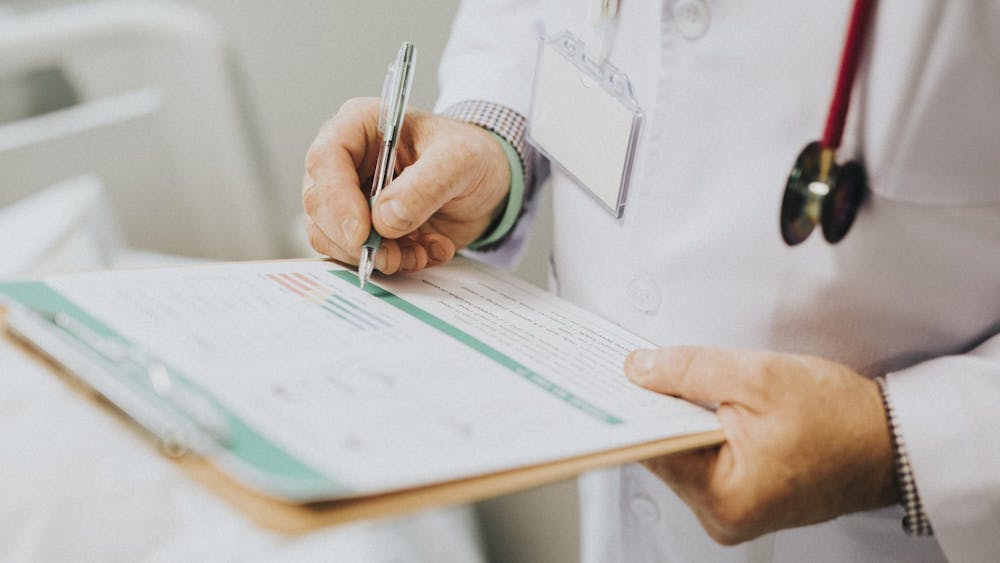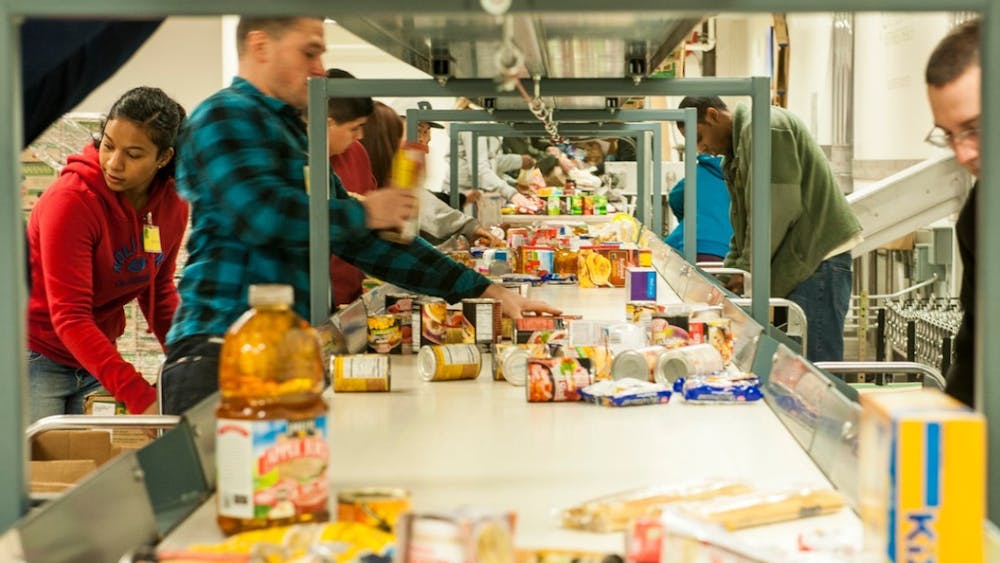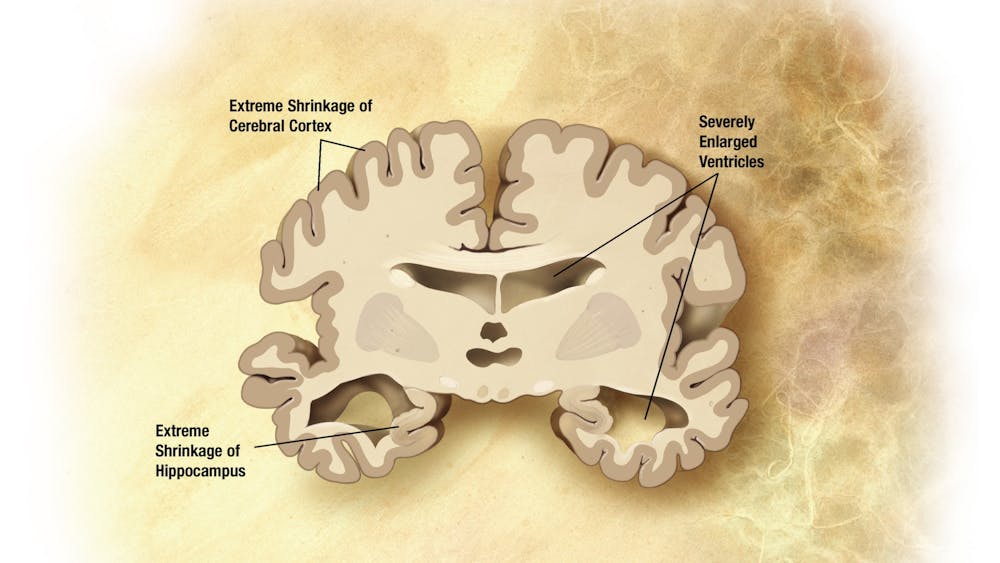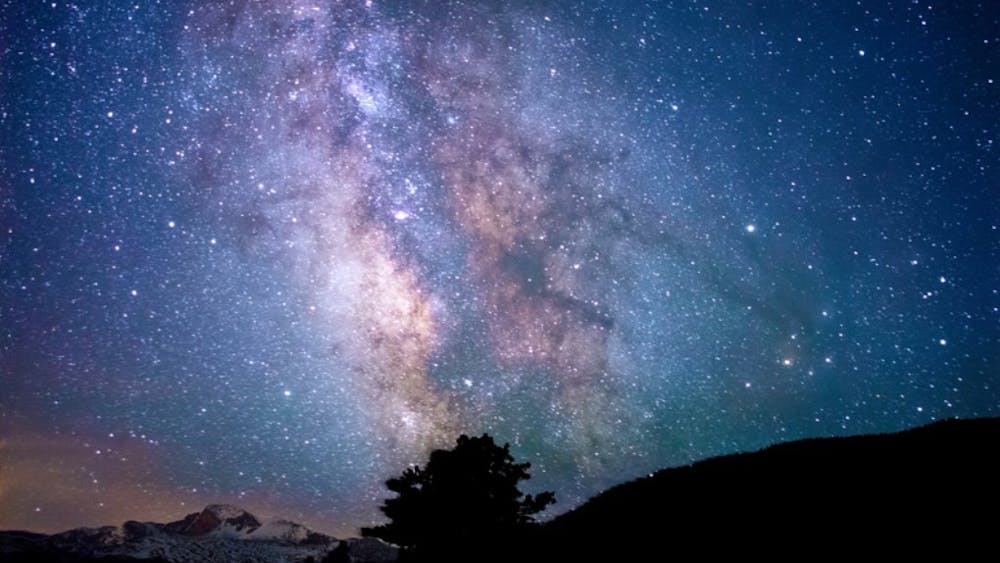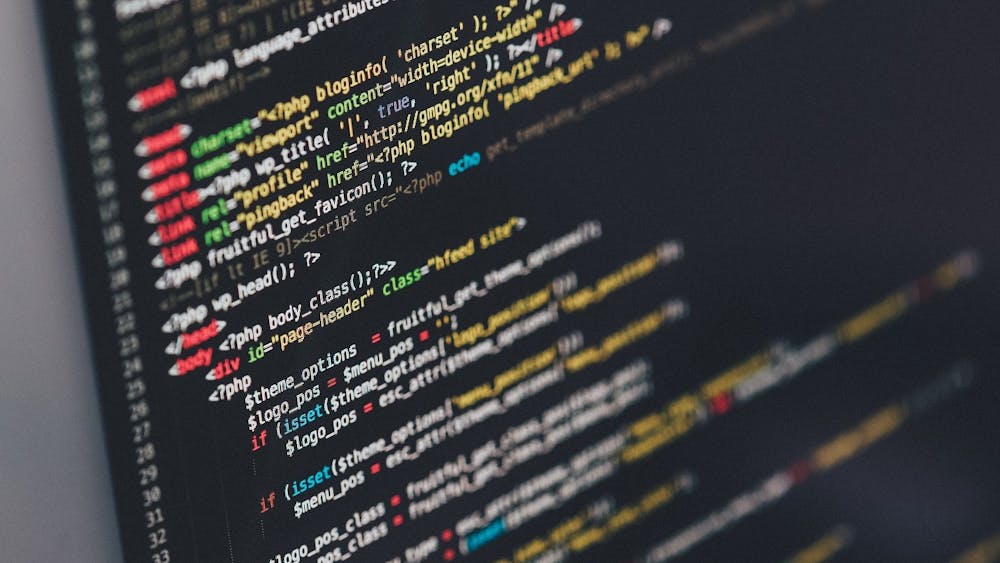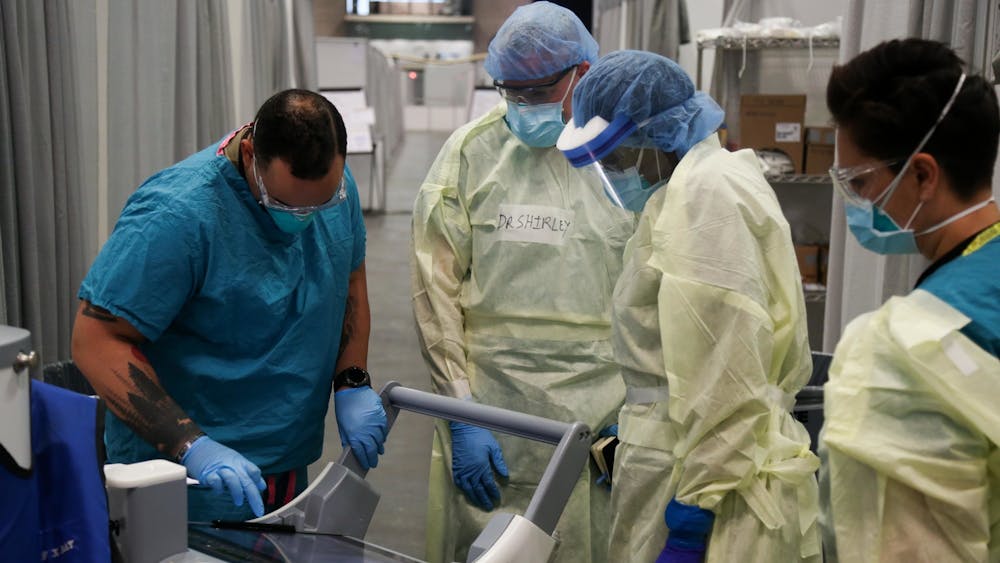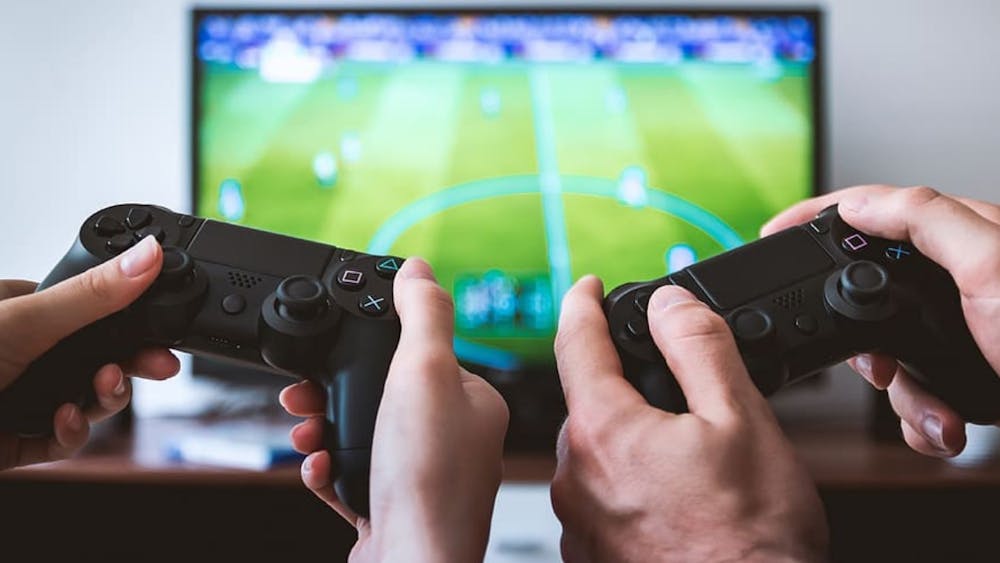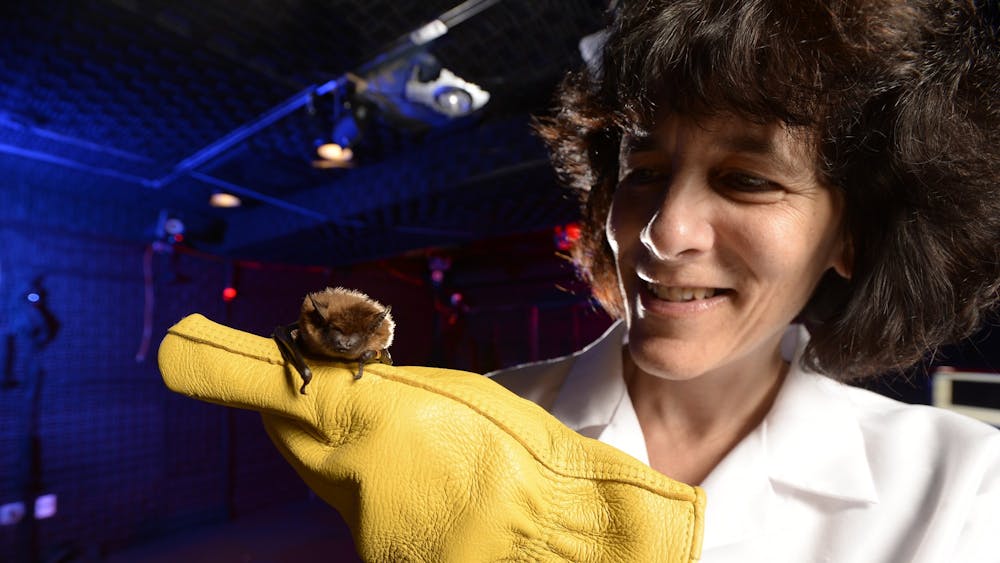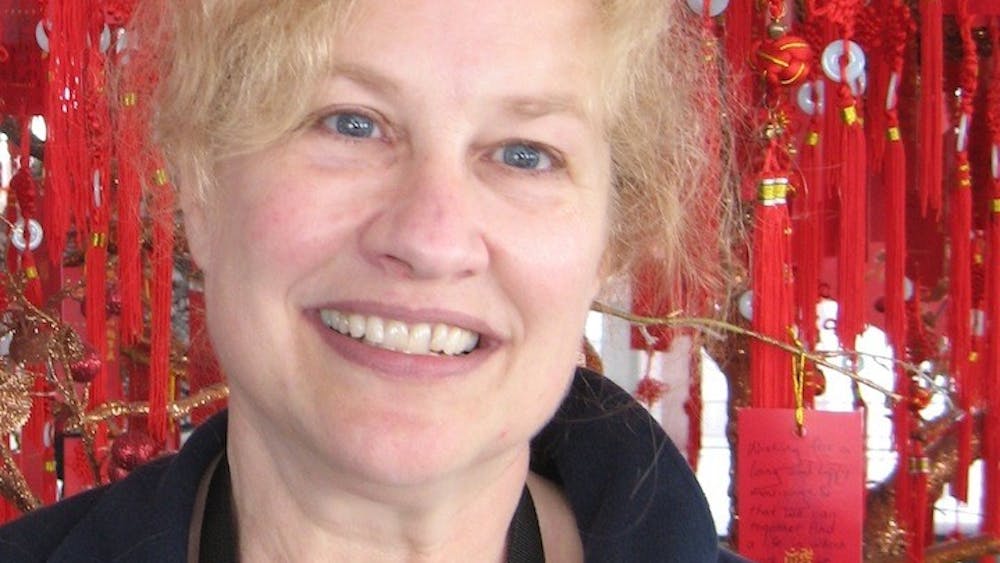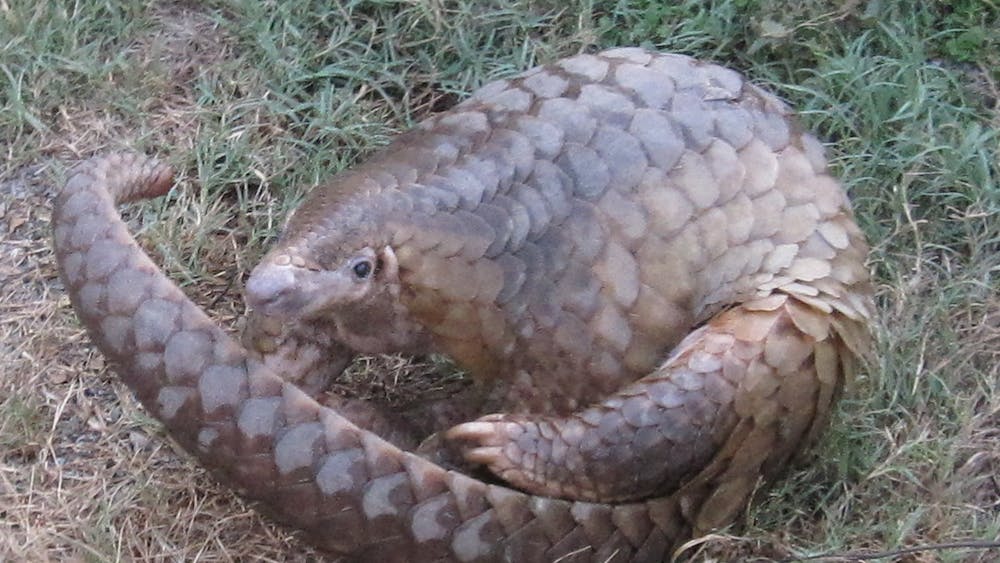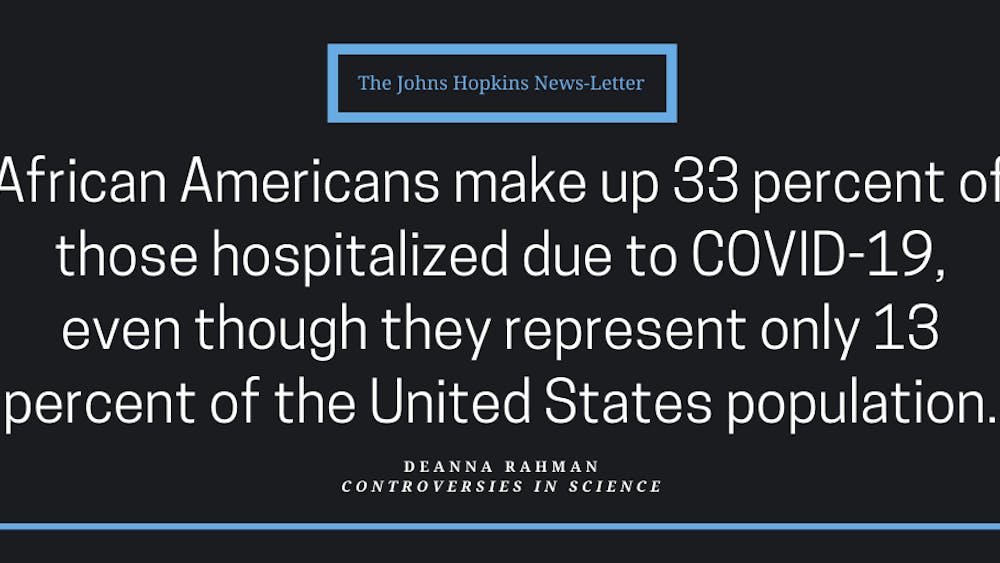Department of Earth & Planetary Sciences votes against GRE
By AMANDA MALDONADO | August 5, 2020Number two pencils. Calculator. Water bottle. Watch. This is the supply mantra running through the minds of thousands of students as they prepare to take standardized exams that can determine their next step in life. The Graduate Record Examinations (GRE) is one of many standardized exams used to consider applicants for graduate schools. Despite the decades-old reign of the GRE, its use in evaluating graduate school applicants has undergone scrutiny by many institutions, including the University’s own Earth & Planetary Sciences (EPS) department until it decided to waived its GRE requirement on June 15th.

